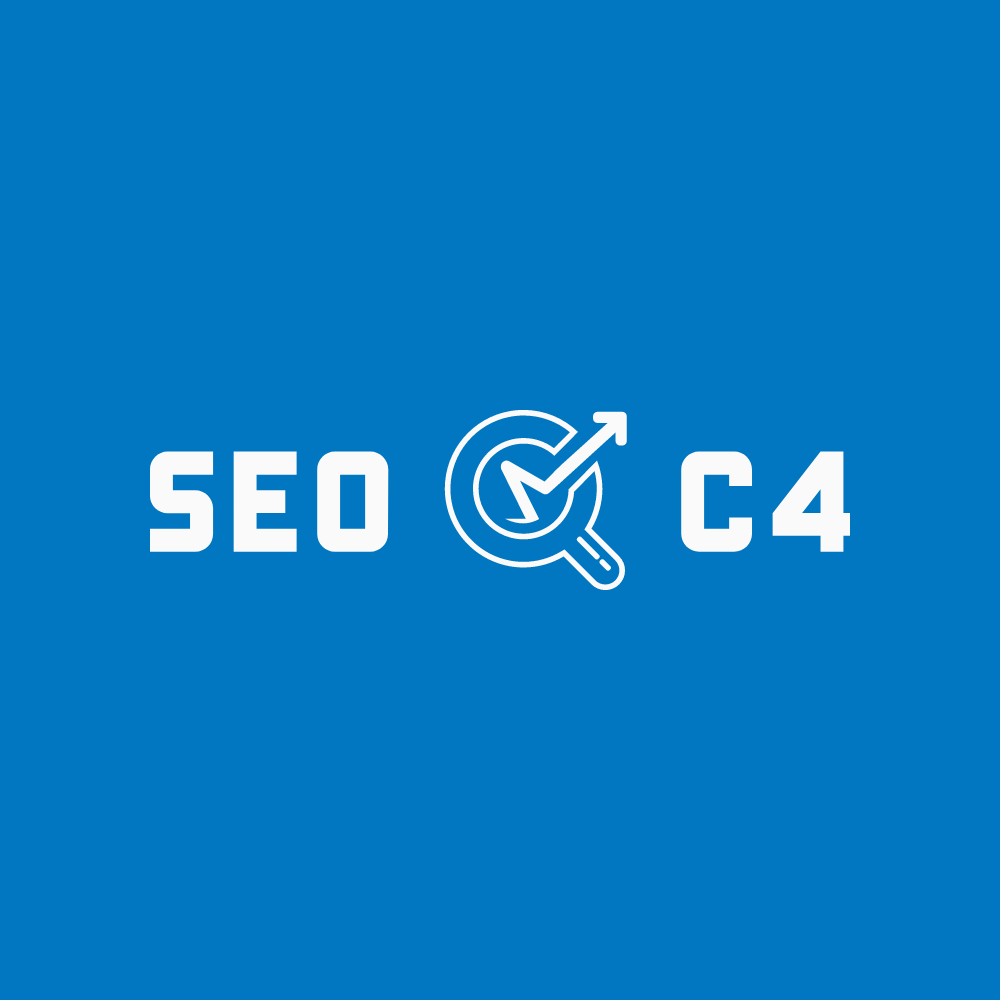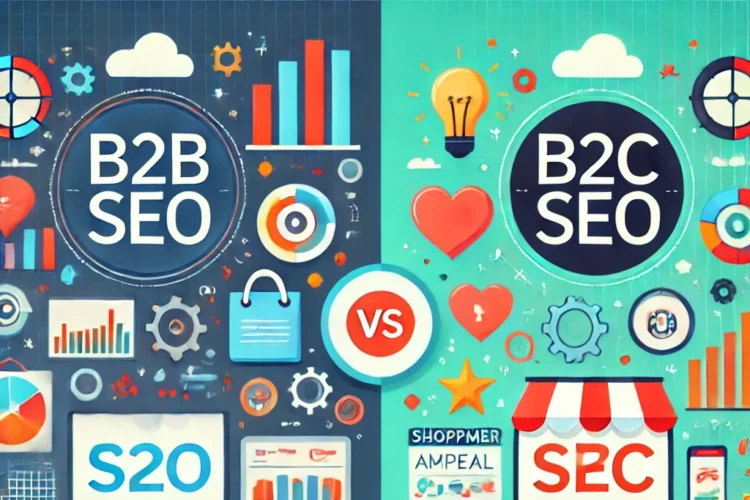
ChatGPT-generated content does not inherently harm your SEO efforts. In the digital age, content is king, and search engine optimization (SEO) is crucial for ensuring that your content reaches the right audience. With the rise of AI-generated text through tools like ChatGPT, a common question arises: Does AI-generated content hurt SEO?
This blog will delve into the impact of using ChatGPT-generated text on SEO, its potential benefits, and how to effectively use AI content without damaging your website’s search rankings.
Understanding ChatGPT-Generated Content
ChatGPT, powered by OpenAI, is a cutting-edge AI model capable of generating human-like text based on prompts. It can create anything from blog posts to marketing copy, product descriptions, and much more. As businesses look for ways to scale content production, AI tools like ChatGPT seem like a perfect solution. However, concerns about its effect on SEO persist.
How Google Views AI-Generated Content
Google’s official stance on AI-generated content has evolved. Previously, Google discouraged using AI-generated text, citing concerns about low-quality, spammy, and manipulative practices that violate its guidelines. However, the core issue isn’t whether the content is AI-generated but whether it is useful and valuable to users.
In 2022, Google introduced its Helpful Content Update, which emphasized prioritizing human-centric content that provides meaningful value. Content that is created just to manipulate rankings—whether AI-generated or not—could result in penalties. Therefore, using AI content that doesn’t meet quality standards, isn’t unique, or is not relevant to the audience can indeed harm SEO.
Potential SEO Pitfalls of ChatGPT-Generated Content
- Low-Quality Content: If you rely solely on AI without reviewing or editing the generated text, the content could lack depth, relevance, or originality. This can lead to a poor user experience, resulting in higher bounce rates, lower engagement, and potentially lower rankings.
- Duplicate Content: While ChatGPT doesn’t copy content directly from the web, AI-generated text can sometimes produce results that resemble existing content. Search engines prioritize original content, so any resemblance to existing work could affect your rankings.
- Keyword Stuffing: Without careful input and guidelines, AI tools may overuse certain keywords, creating text that appears unnatural or repetitive. This is a violation of SEO best practices and can lead to penalties.
- Lack of E-A-T: Expertise, Authority, and Trustworthiness (E-A-T) are critical factors in Google’s ranking algorithms. ChatGPT-generated content may lack these qualities if it doesn’t demonstrate expert knowledge or cite credible sources, which can negatively impact SEO.
How to Leverage ChatGPT for SEO-Friendly Content
Despite the potential pitfalls, AI-generated content can still be beneficial for SEO if used correctly. Here are some ways to ensure that ChatGPT-generated text enhances, rather than harms, your SEO:
- Review and Edit AI-Generated Content: AI tools can generate a great starting point, but human oversight is crucial. Edit the content to ensure it aligns with your brand’s voice, contains valuable information, and is free from errors or redundancies.
- Add Original Insights: Instead of relying entirely on ChatGPT, incorporate your own expertise, unique data, or insights. This will improve the content’s originality and its value to your audience.
- Optimize for Search Intent: Ensure that your AI-generated content aligns with the search intent of your target keywords. Use AI as a tool to help structure and brainstorm content ideas, but fine-tune the content to meet user expectations and provide useful answers.
- Ensure Proper Keyword Use: Provide ChatGPT with clear guidelines on keyword use to avoid keyword stuffing. Use variations of your target keywords naturally within the content, ensuring they fit organically into the text.
- Enhance E-A-T: To improve Expertise, Authority, and Trustworthiness, consider adding expert bylines, citing credible sources, and updating your content with fresh insights.
- Run Plagiarism Checks: Before publishing any AI-generated content, run it through plagiarism detection tools to ensure originality.
Benefits of Using ChatGPT-Generated Content for SEO
When used thoughtfully, ChatGPT-generated content can actually enhance your SEO efforts. Here are some key benefits:
- Scalability: ChatGPT allows businesses to produce large volumes of content quickly, helping to meet the growing demands for fresh and relevant content.
- Content Ideation: AI tools can help generate ideas for blog posts, FAQs, and other content types. This ensures a steady stream of fresh content, which Google values.
- Efficiency: ChatGPT can handle repetitive content tasks like product descriptions or meta descriptions, freeing up time for human writers to focus on more creative or complex tasks.
- SEO Optimization: ChatGPT can assist with writing keyword-rich content if used with proper prompts, ensuring the content is optimized without being forced or unnatural.
Conclusion: Does ChatGPT-Generated Text Hurt SEO?
ChatGPT-generated content does not inherently harm your SEO efforts. However, like any tool, it must be used responsibly. AI-generated text should not be seen as a set-it-and-forget-it solution. Instead, it should be integrated into a content strategy that emphasizes quality, relevance, and user experience.
By carefully reviewing, optimizing, and enriching AI-generated text with human insight, businesses can enjoy the benefits of faster content production without sacrificing SEO performance.
Read More
What Elements Are Foundational for SEO with AI?
Does Using Other Websites Pages Images on Your Website Hurt SEO?
Is Repeated Information on a Website Bad for SEO?
276 Marketing Terms You Need To Know In The Digital Marketing
Optimizing organic traffic and UX through an iterative content process




